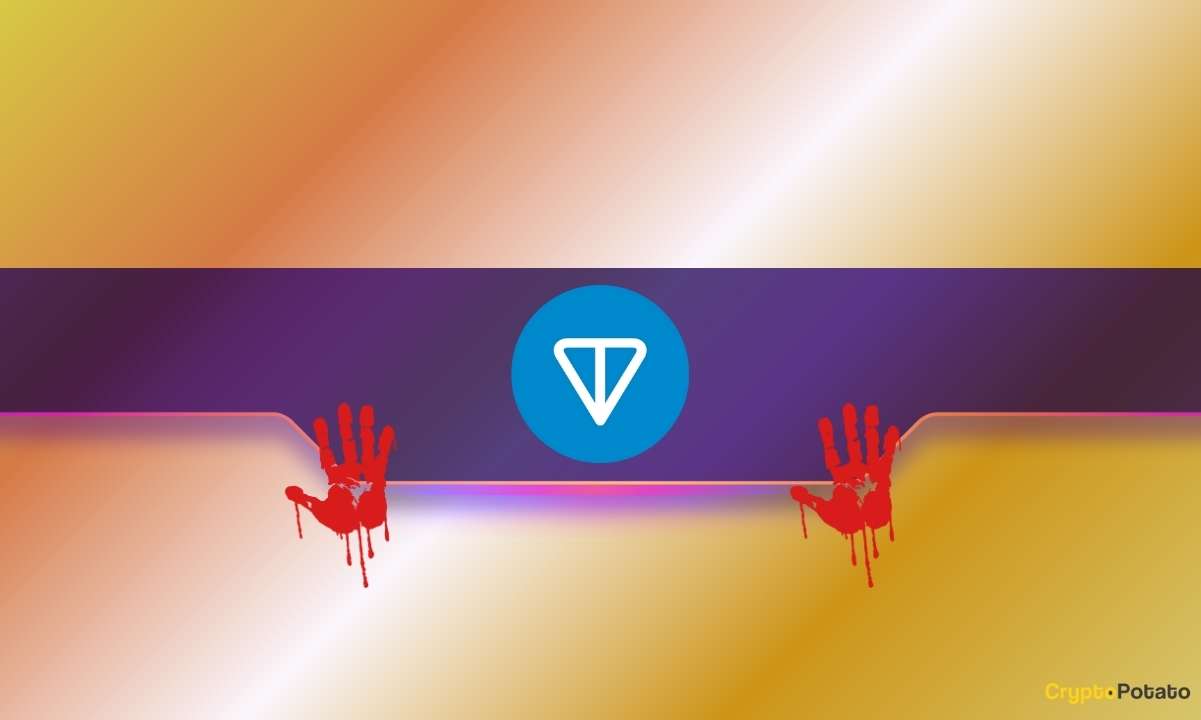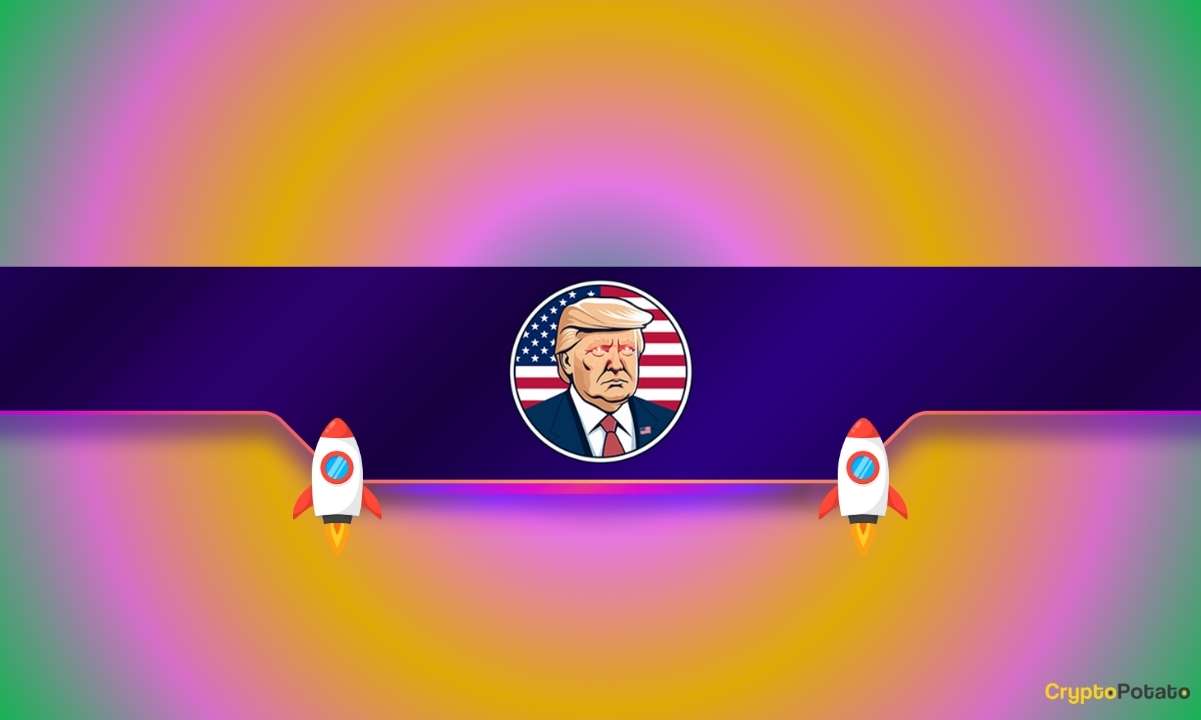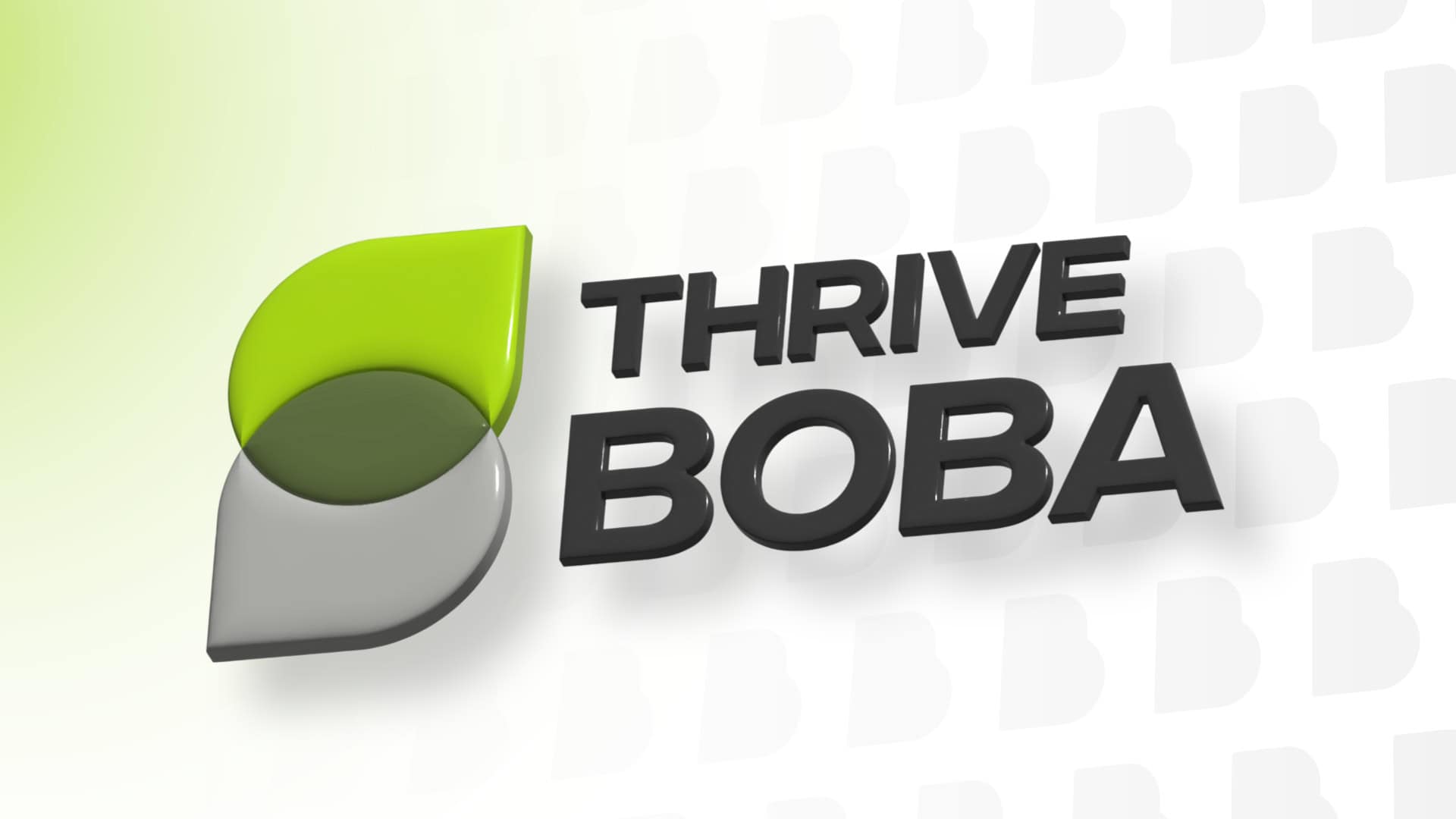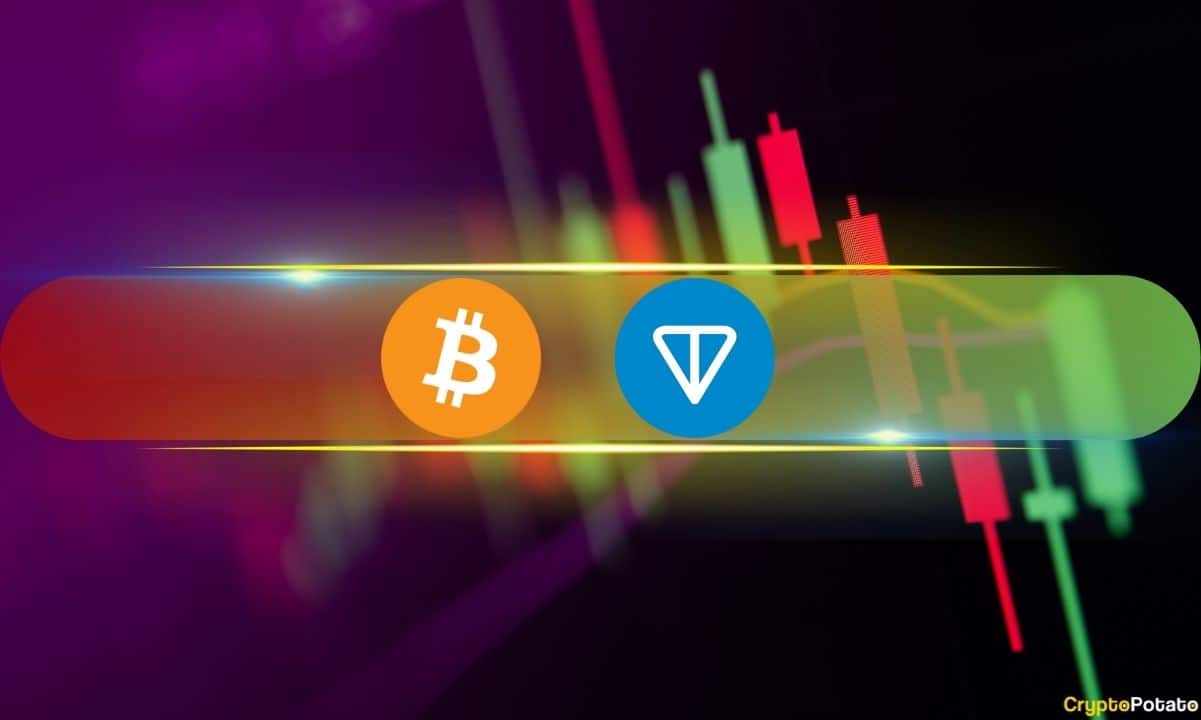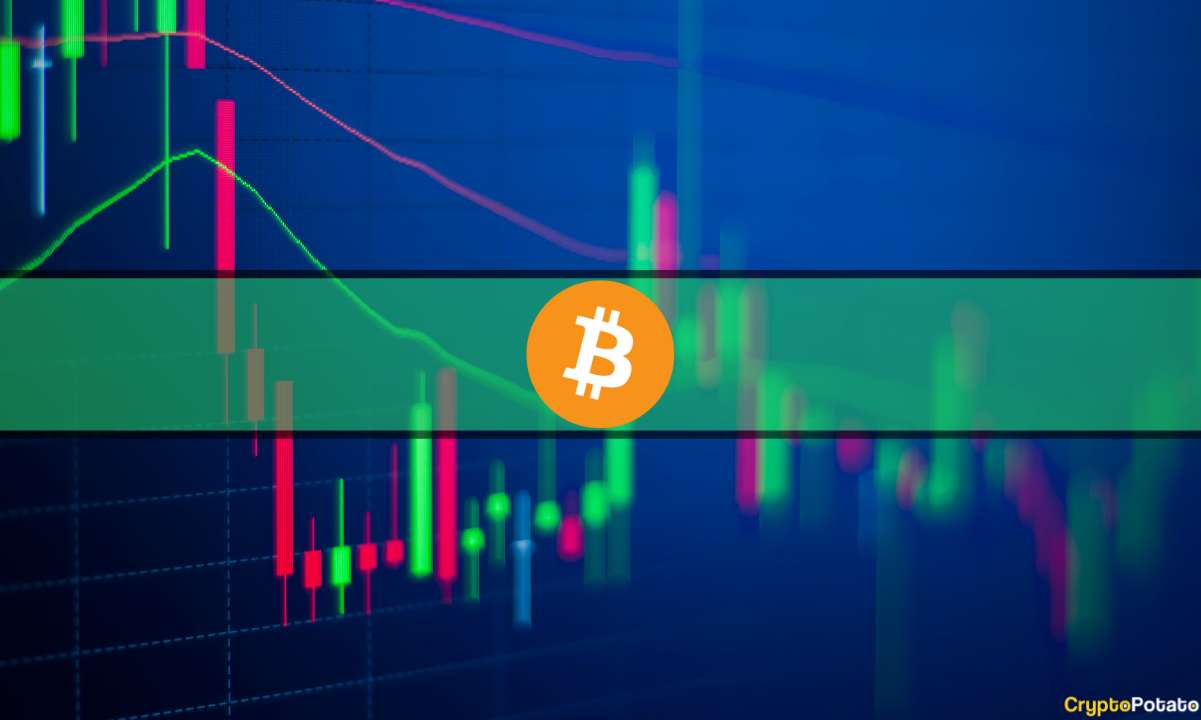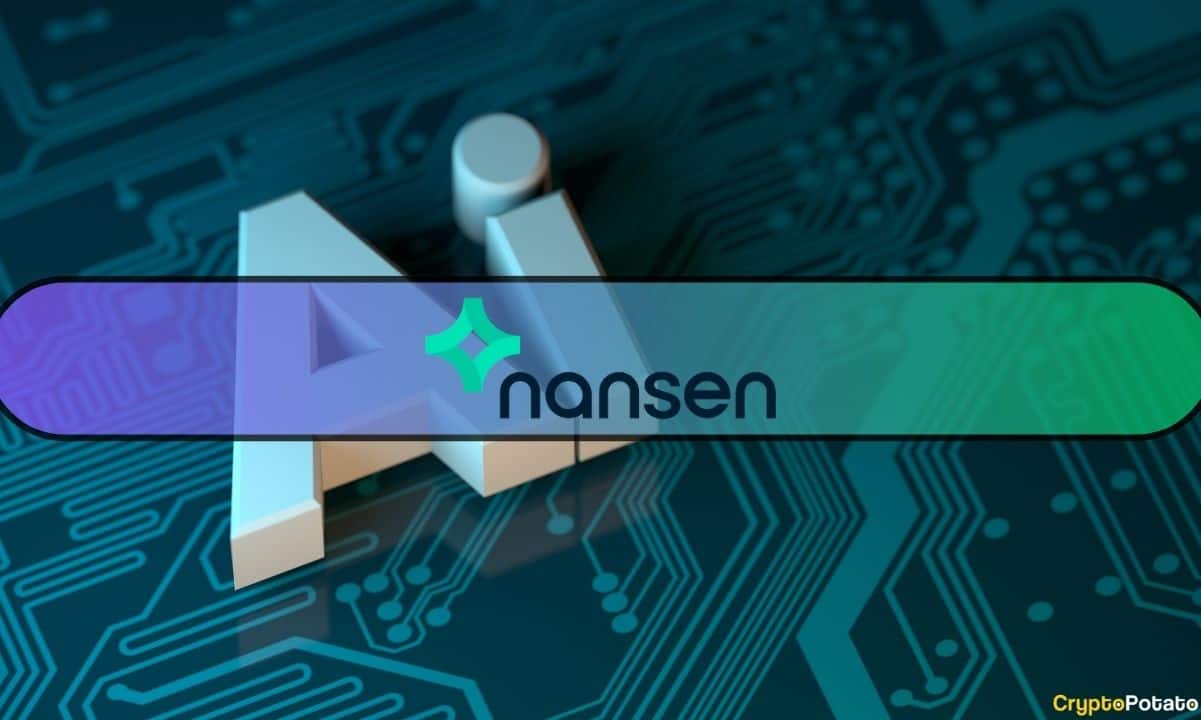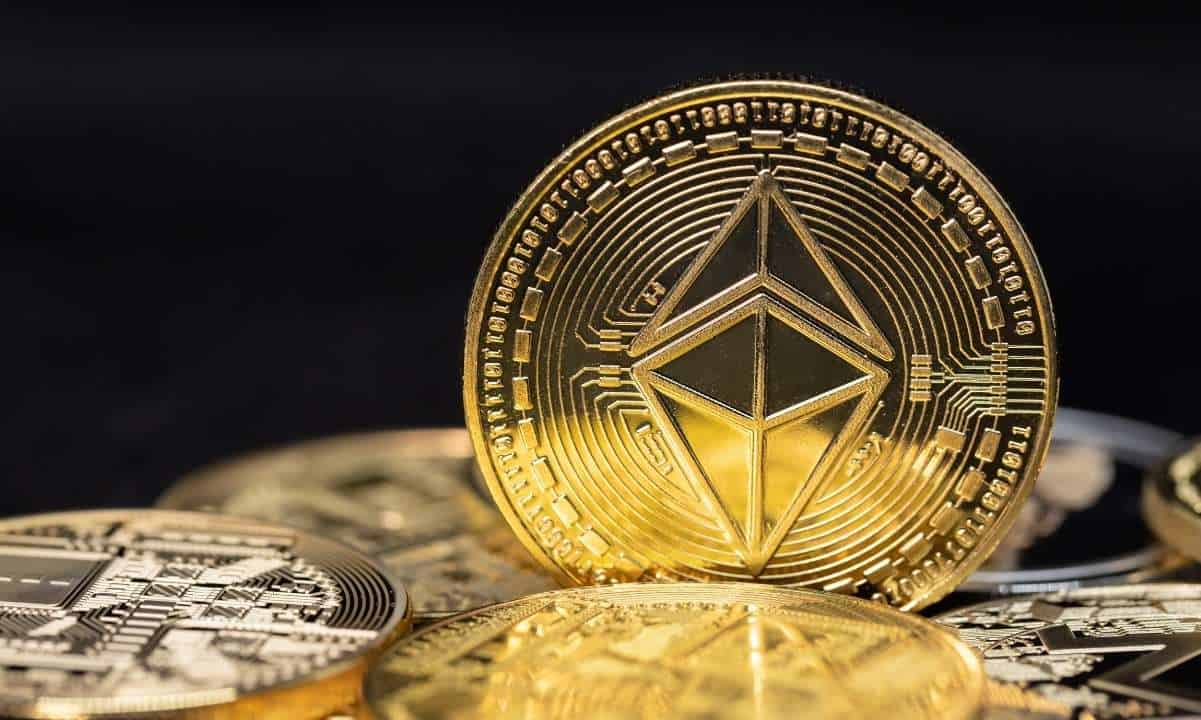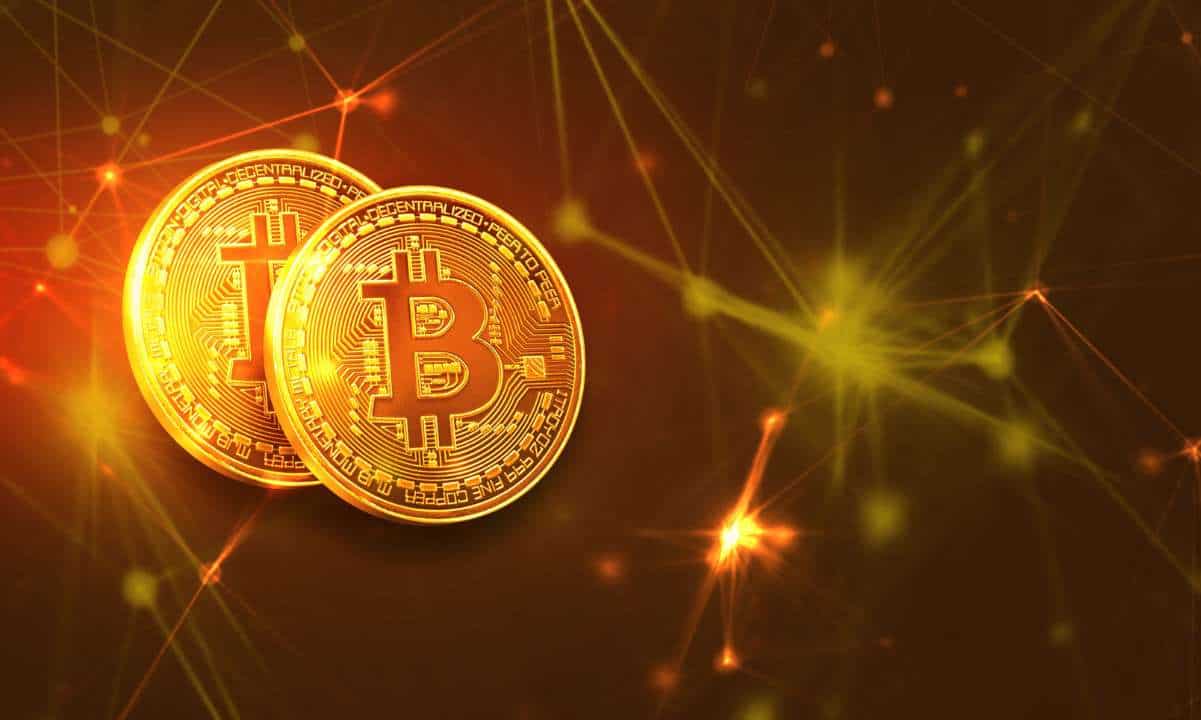What is Worldcoin (WLD)? The Project That Wants to Scan Your Eyes
Artificial Intelligence (AI) continues to push the boundaries of human ingenuity, revolutionizing industries and augmenting our capabilities. Yet, as we marvel at its advancements, the ethical concerns surrounding AI grow more pressing.
Social media is slowly becoming a breeding ground for AI-powered deep fakes and counterfeits that pose significant risks, as they can convincingly manipulate audio, video, and other forms of content, leading to misinformation, identity theft, erosion of trust, and triggering widespread social and economic disruption.
This is where Worldcoin comes in with its audacious proposal to utilize orbs for ocular scanning in exchange for a digital ID. Tools for Humanity (TFH) is the company behind Worldcoin, which is co-founded by OpenAI CEO Sam Altman along with Alex Blania and Max Novendstern. The project seeks to build a decentralized proof-of-personhood solution.
However, it has ignited a fiery debate at the crossroads of convenience and privacy. The Orwellian undertones have led critics to fear that the unblinking gaze of the orbs could lead to a dystopian surveillance state.
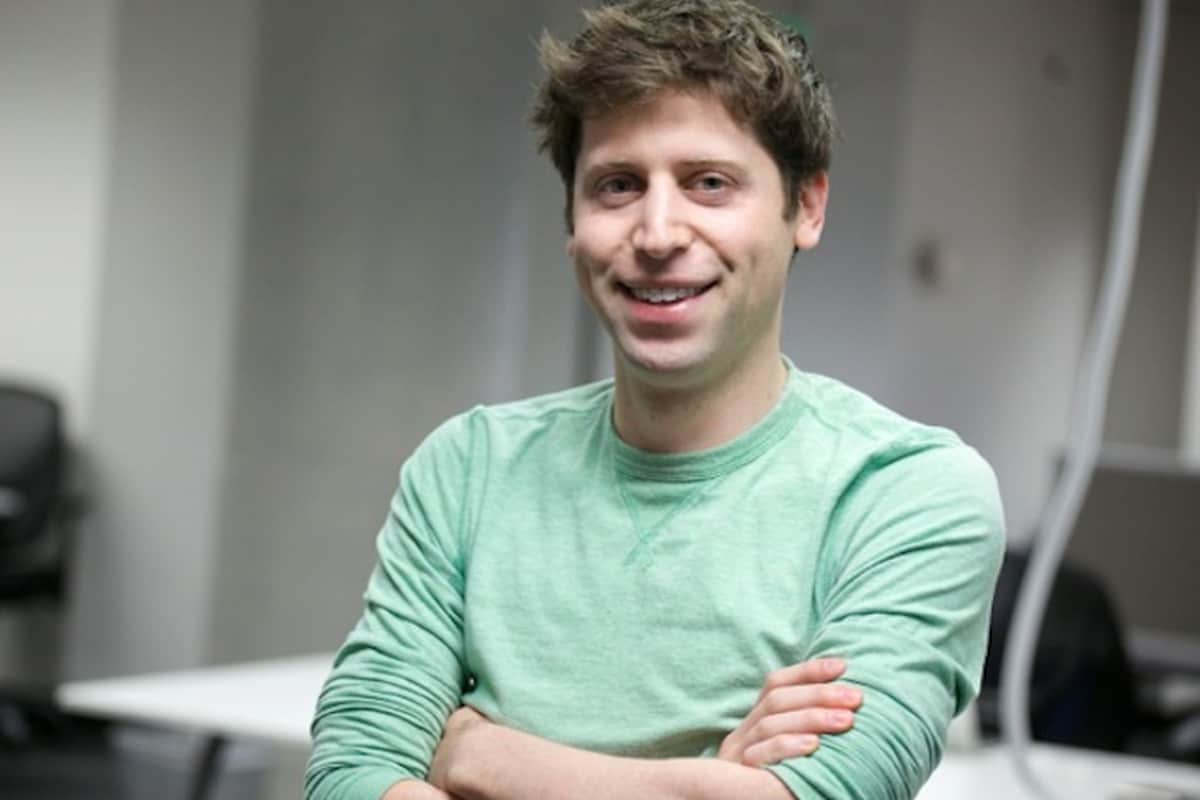
Why Worldcoin?
The digital landscape of 2023 can frequently resemble an unending gauntlet of concealed hazards. Fraudsters employ a wide array of tactics to lure individuals into clicking on deceptive links to siphon their funds. Meanwhile, social media platforms are teeming with unchecked bot activity, further complicating the online experience.
To tackle this, Worldcoin was unveiled in 2021 with the objective of discovering a definitive method for discerning between human users and artificial intelligence (AI). Such a scenario where all online individuals can unequivocally establish their human identity is expected to substantially reduce scams and imposters.
At heart, Worldcoin’s proof-of-personhood stems from the idea that as AI generates a myriad of content alongside a surge in spam, the imperative to establish the authenticity of an individual as a unique real person, as opposed to a bot or another individual, becomes significantly important.
How Does Worldcoin Work?
Worldcoin hopes to provide a reliable way to authenticate humans online called World ID with a threefold objective:
- Establishment of a distinctive global digital identity – World ID
- Introduction of a global currency in the form of – the Worldcoin token (WLD),
- Development of – World App – to facilitate payments with WLD alongside other crypto-assets and fiat.
Individuals are required to scan their eyes using a spherical device known as the Orb. This process ensures the authenticity of each participant as a human and guarantees a single registration per person. The significance of this distinct identifier becomes increasingly pronounced in light of the advancing AI landscape, where distinguishing between human and machine holds paramount importance.
Similar to fingerprints, irises possess unique characteristics for each individual. The Orb utilizes the iris structure of the individual’s eyes to generate a specialized code, functioning as their exclusive identifier. This code is subsequently stored within the decentralized Worldcoin blockchain, safeguarding it against replication attempts by others. Importantly, the scanning procedure anonymizes the data, rendering it impossible to trace back to the individual after the identifier has been established.
Worldcoin is currently working on expanding its practice of “orbing” individuals by establishing centers in over 35 countries and continuing to grow its footprint.
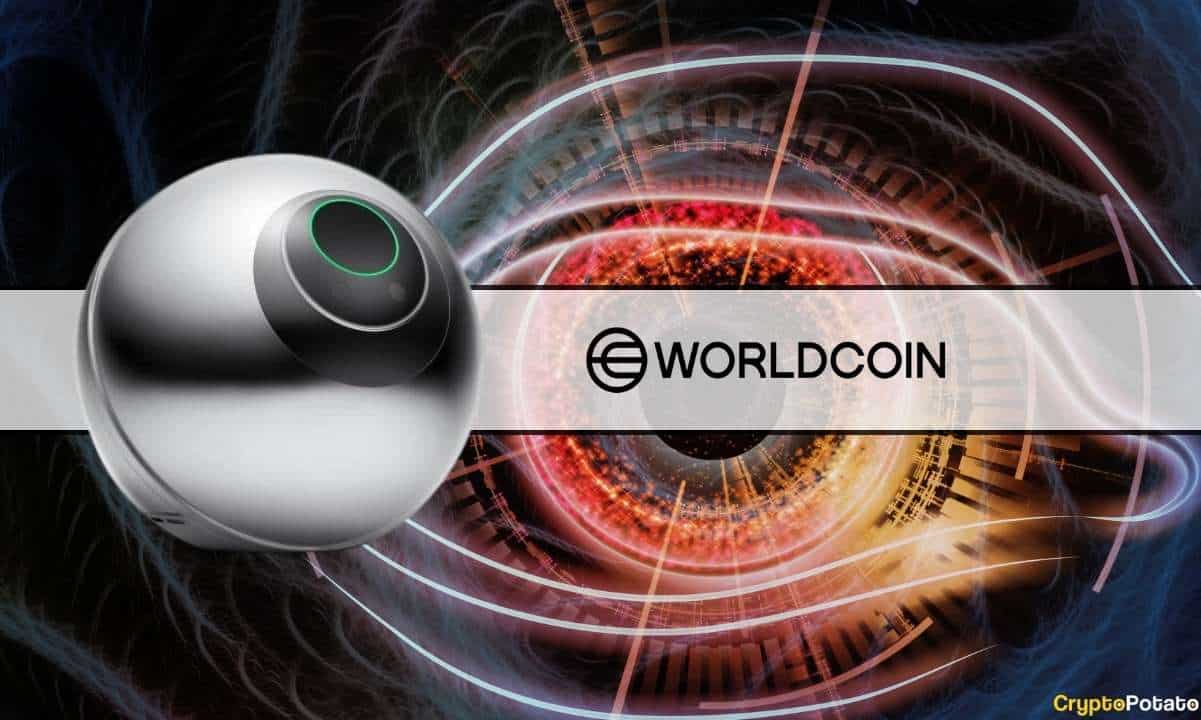
Tokenomics
Worldcoin’s native ERC-20 token, WLD, was officially launched on July 24, 2023, after three years of development.
The initial supply of WLD tokens will be capped at 10 billion for a duration of 15 years. Following this period, the network’s governance will determine to introduce an inflation rate of up to 1.5% and devise allocation methods for the tokens newly brought into circulation.
75% of the initial token allocation of the 10 billion tokens will be funneled to users, the ecosystem fund, and network operations. Meanwhile, 10% will go to the founding team, 13.5% will be directed to investors, and 1.7% will be used for reserves.
Buying Worldcoin (WLD) Tokens
WLD has been listed across various major centralized exchanges (CEXs), like Binance, Huobi, Bybit, and OKX, among others, enabling users to purchase the token or even trade for other crypto or stake it.
Decentralized finance (DeFi) platforms such as Uniswap and PancakeSwap are also available for users to acquire the WLD token.
Limitations
- Manipulation Risks: Despite Worldcoin’s endeavors to hinder unauthorized access to World IDs beyond one’s own, there remain loopholes through which individuals can exploit vulnerabilities to obtain multiple World IDs.
- Data Privacy Concerns: World ID enables users to verify their “humanness” online while maintaining their privacy through zero-knowledge proofs and does not store entire sensitive biometric data. Despite this, concerns exist that sensitive data may be exposed in some way, especially in the event of a data breach.
- Centralization: While decentralization represents Worldcoin’s ultimate goal, its achievement hinges on the successful execution of implementation in the upcoming forthcoming stages. Also, not all components of the protocol, including the Orb’s firmware, are open source. To top that, operations such as data centers that store the hashes of iris scans and the Orb’s production and distribution are centralized too.
- Security Risks Associated With Orb: Achieving absolute security in hardware systems is virtually impossible. Hence, the security of the Orb presents a significant potential hazard, exposing it to vulnerabilities like fraud, theft, etc.
- WLD Volatility: Similar to other cryptocurrencies, the price of the WLD token may undergo substantial fluctuations as well. Hence, it is important for investors to exercise caution and engage in comprehensive research prior to considering an investment in the token.
Regulatory Pushback
While Worldcoin itself aims to counter bots and fake virtual identities facilitated by AI, the project has had its fair share of critics since it revolves around the use of biometric data.
Worldcoin’s aspirations of establishing a global protocol currently appear fraught with challenges. This can be attributed to the mounting regulatory challenges and compliance intricacies as the project maneuvers through varied local legal frameworks across the globe.
The project is facing multiple investigations and regulatory troubles for its operations, with Kenya being the first country to suspend its operations over the methodology employed for data collection. Subsequently, its Nairobi-based warehouse was raided by the authorities.
Argentina’s Agency for Access to Public Information (AAIP) initiated an investigation on Worldcoin to determine whether it complies with security and privacy rules.
In addition to Germany’s Federal Financial Supervisory Authority – BaFin – monitoring the project, Bavaria’s data watchdog has also launched a privacy and security assessment. France and the United Kingdom have also raised concerns about the legality of Worldcoin’s collection of biometric data.
Worldcoin has not yet launched its WLD token in the United States.
Closing Thoughts
Worldcoin’s launch has been one of the key highlights of the year. Privacy advocates view the project to be a Black Mirror-esque reality weighing down the financial market. The reluctance to purchase the WLD token by many experts in the crypto sector is evident.
Today, the conversation revolves around the potential unprecedented level of oversight and control that Worldcoin creators might get their hands on. Hence, only time will reveal whether the ambitious venture is a cautionary tale or technology to strive for.
The post What is Worldcoin (WLD)? The Project That Wants to Scan Your Eyes appeared first on CryptoPotato.

